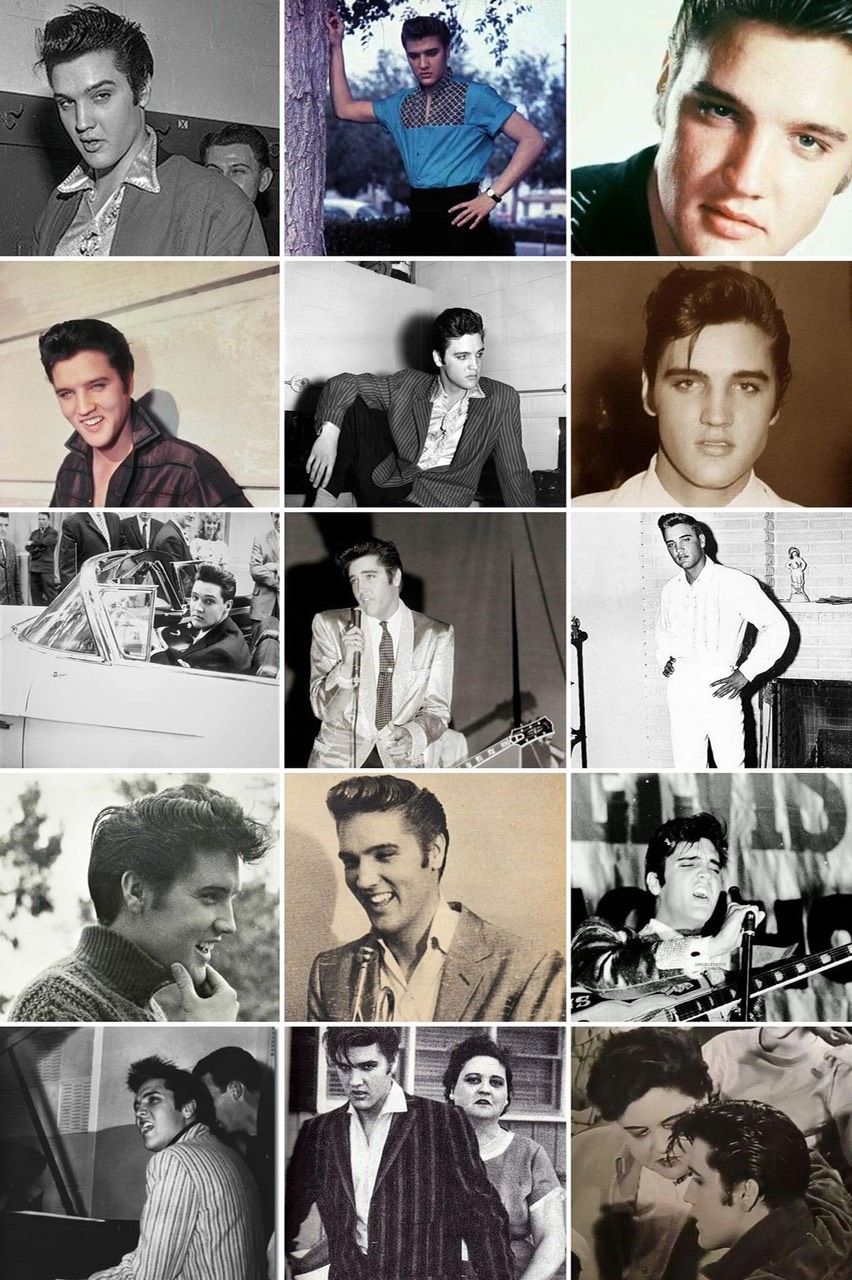Elvis Presley’s “Return to Sender,” released in 1962, is a catchy and upbeat song that tells the story of unrequited love and miscommunication. With its infectious melody, playful lyrics, and Presley’s charismatic vocals, the song remains a timeless classic that captures the frustration and longing of unrequited affection.
From the moment the song begins with its catchy guitar riff and Presley’s smooth vocals, listeners are drawn into a world of romantic intrigue and uncertainty. The song’s upbeat rhythm and lively instrumentation create a sense of energy and excitement, inviting listeners to join in the fun of the playful narrative.
The lyrics of “Return to Sender” tell the tale of a man who sends letters to his beloved, only to have them returned unopened. Lines like “Return to sender, address unknown” and “No such number, no such zone” convey a sense of frustration and confusion as the protagonist grapples with the mystery of why his affections are not reciprocated.

Musically, “Return to Sender” is a masterclass in catchiness and charm. The song’s upbeat tempo and catchy melody make it impossible to resist tapping your feet or singing along. Presley’s dynamic vocal delivery, punctuated by playful ad-libs and vocal flourishes, adds depth and character to the song’s overall sound, showcasing his unmatched talent as a performer.
One of the song’s most memorable moments is its infectious chorus, where Presley’s vocals soar with emotion as he declares his determination to keep trying to win his beloved’s heart. It’s a moment of pure optimism and determination, as the protagonist refuses to give up hope despite the obstacles in his path.
“Return to Sender” has endured as one of Elvis Presley’s most beloved and enduring classics, thanks to its timeless appeal and its ability to capture the universal experience of unrequited love. Its catchy melody, playful lyrics, and charismatic delivery continue to delight audiences around the world, making it a cherished part of the musical landscape for generations to come









